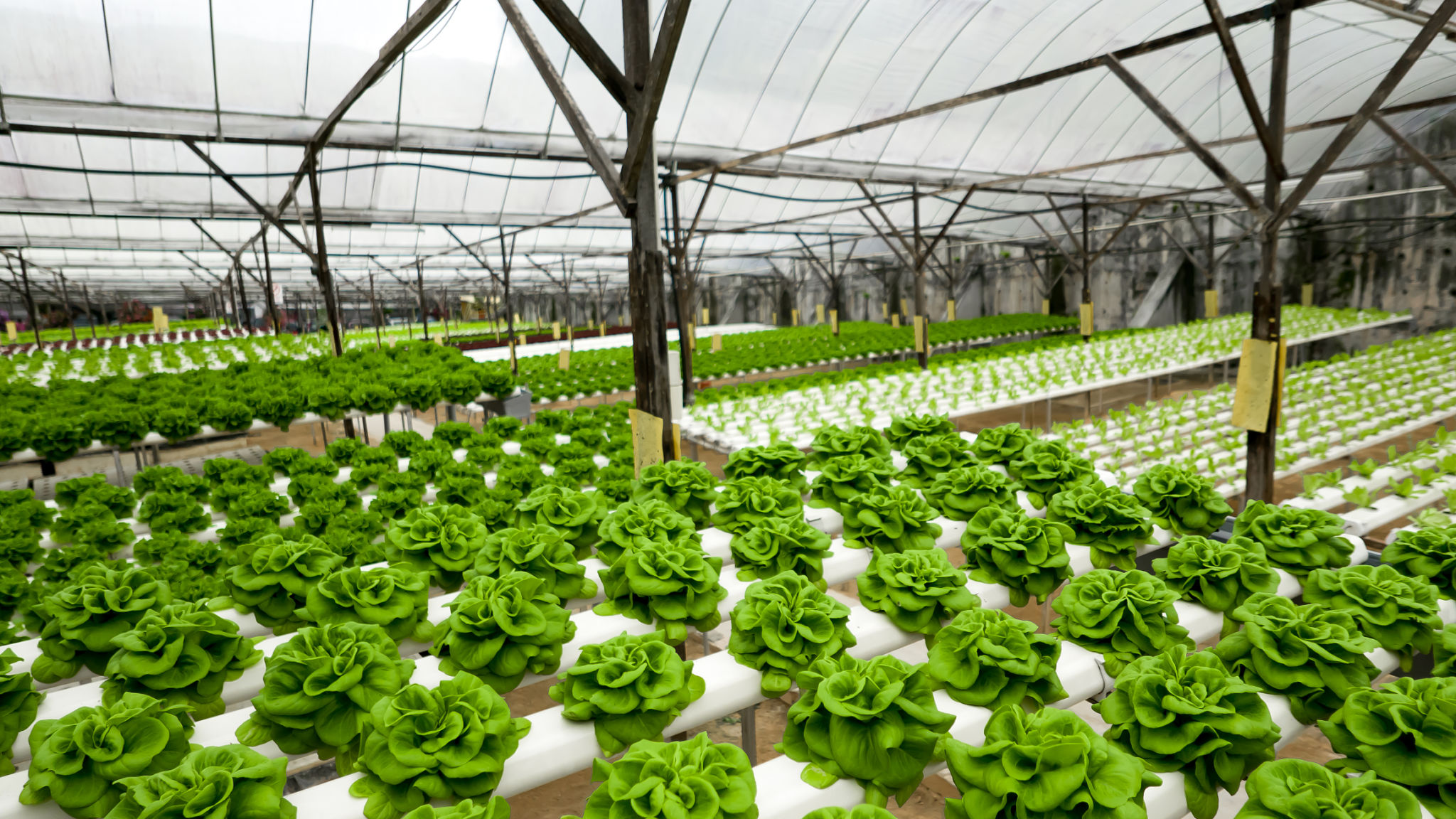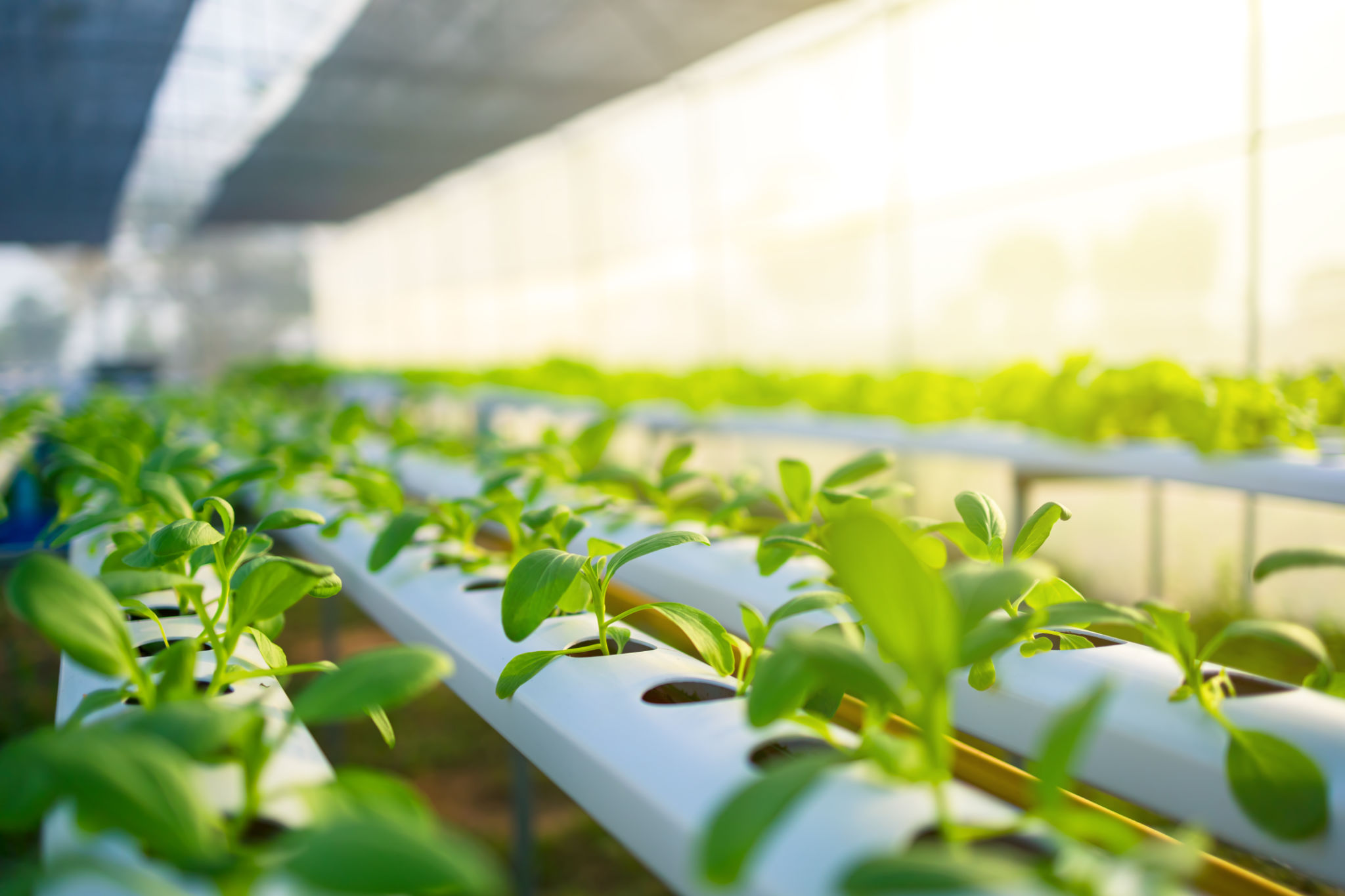Top 5 Myths About Hydroponic Farming Debunked
Myth 1: Hydroponic Farming Is Too Expensive
A common misconception is that hydroponic farming requires a significant financial investment, making it accessible only to large-scale operations or wealthy individuals. While it's true that initial setup costs can be higher than traditional soil farming, the long-term savings often outweigh these expenses. Hydroponic systems can lead to reduced water and fertilizer costs, fewer pest-related expenses, and increased crop yield.
Moreover, technological advancements have made hydroponic systems more affordable and scalable. Home kits and DIY options have become increasingly popular, allowing hobbyists and small-scale farmers to join the sustainable farming movement without breaking the bank.

Myth 2: Hydroponic Produce Lacks Nutritional Value
Another widespread myth is that plants grown hydroponically have less nutritional value compared to those grown in soil. In reality, hydroponically grown produce often equals or exceeds the nutritional content of traditionally grown crops. This is because hydroponic systems allow precise control over nutrient delivery, ensuring plants receive exactly what they need for optimal growth.
Furthermore, because hydroponic produce is often grown in controlled environments, it can be harvested at peak ripeness, preserving flavor and nutrients. This results in fresh, nutrient-rich food that can be enjoyed year-round.

Myth 3: Hydroponic Farming Is Not Eco-Friendly
Some skeptics argue that hydroponic farming is not environmentally sustainable due to energy use for lighting and climate control. However, when managed properly, hydroponic systems can be more eco-friendly than traditional farming methods. They use significantly less water—up to 90% less—and eliminate the need for harmful pesticides and herbicides.
Additionally, many hydroponic farms utilize renewable energy sources like solar panels and wind turbines to reduce their carbon footprint further. The closed-loop systems in hydroponics also minimize nutrient runoff, protecting surrounding ecosystems from contamination.
Myth 4: Hydroponics Is Only Suitable for Small-Scale Production
While hydroponics is excellent for small-scale operations, it's also highly effective for large-scale commercial farming. Many large urban farms and agricultural businesses have adopted hydroponics to meet the growing demand for local and sustainable produce. These systems can be tailored to fit any scale, from a single room to a multi-acre greenhouse.
This adaptability makes hydroponics an ideal solution for urban areas where space is limited but demand for fresh produce is high. By maximizing vertical space and optimizing resource use, hydroponics can provide a reliable supply of food in diverse settings.

Myth 5: Hydroponics Is Complicated and Difficult to Manage
Some people believe that managing a hydroponic system is complex and requires specialized knowledge. While there is a learning curve, modern technology has simplified the process significantly. Automated systems can monitor and adjust nutrient levels, pH balance, and environmental conditions, making it easier for anyone to manage a hydroponic farm.
Educational resources and community support are also readily available for newcomers to the field. Online forums, workshops, and courses provide valuable information and guidance, helping farmers of all experience levels succeed in their hydroponic endeavors.
Conclusion
As these myths are debunked, it's clear that hydroponic farming offers numerous benefits that make it a viable option for sustainable agriculture. From cost efficiency to environmental sustainability, hydroponics presents opportunities for innovative food production in the face of global challenges. By understanding the realities of hydroponic farming, we can better appreciate its potential to revolutionize the way we grow food.